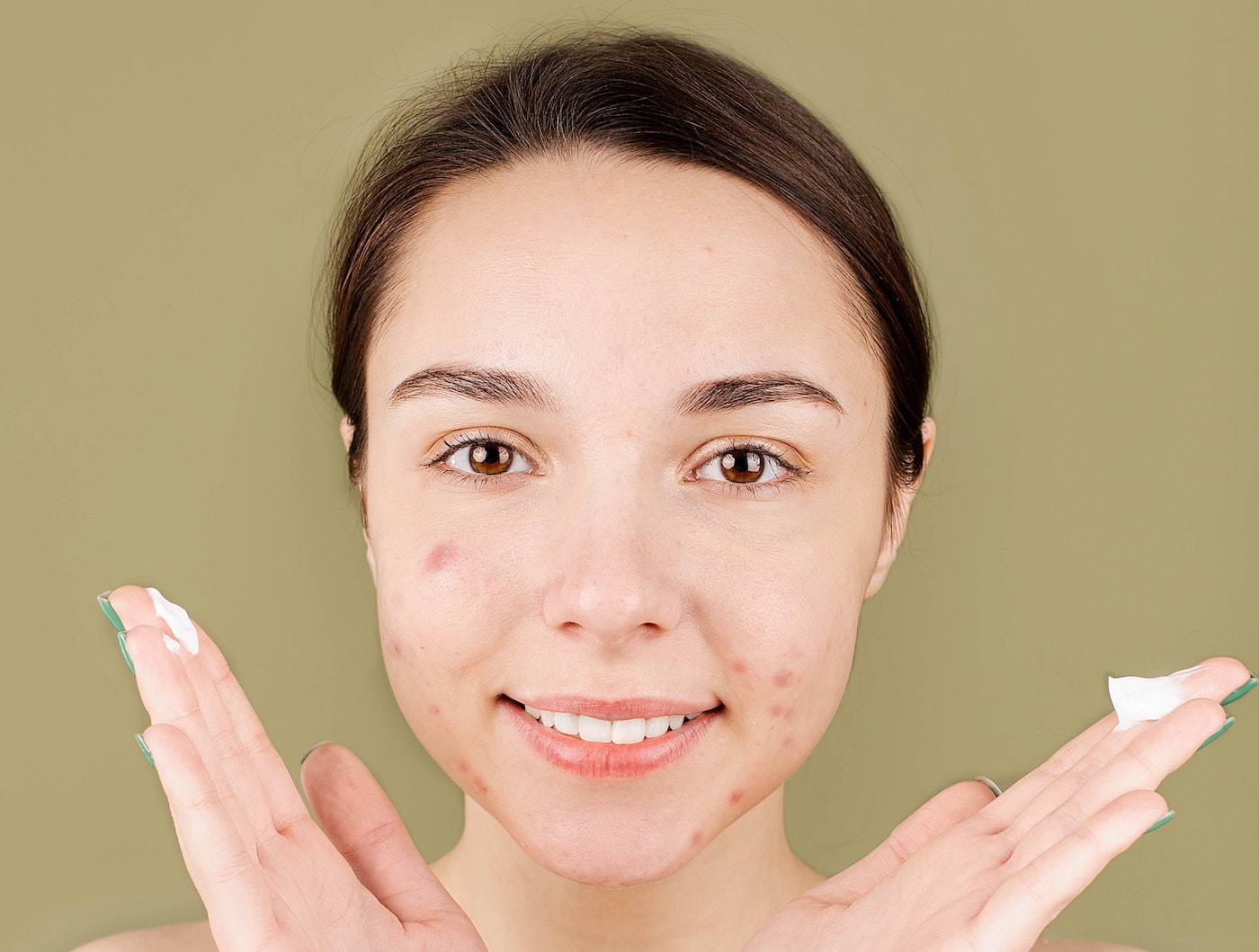Do you feel like you’ve tried just about everything to get rid of your acne prone skin? Achieving clearer skin, especially as an adult, feels like a never-ending battle.
Don’t give up just yet; there are plenty of other avenues for you to explore that should lead to clearer skin and fewer painful breakouts.
Wait at Least 4 Weeks

It can take up to 4 weeks for you to start seeing results from any acne treatment.
Some treatments may even make your acne worse, but keep at it as constantly changing your regime will also cause acne. If you don’t see results in 6 weeks, switch up your acne formula.
Consider All Causes
Consistent and persistent breakouts could be due to clogged pores, bacteria, inflammation, or excess oil.
If you used an acne product that targeted bacteria but didn’t see any results after 6 weeks, it’s time to look at another potential cause. Consider the following ingredients:
- Retinoids: Reduces oiliness and clogged pores.
- Benzoyl Peroxide: Decreases P. acnes bacteria.
- Salicylic Acid: Unclogs pores and reduces inflammation.
You don’t need a prescription to tackle the above acne-related issues.
Stop Aggressively Scrubbing
Even when your skin feels grimy, dirty, or greasy, resist the urge to scrub it clean. This can irritate acne-prone skin.
Instead, wash your face gently using a cotton face cloth. Only put acne medication or products directly on your breakouts. Otherwise, leave it alone.
Speak to a Dermatologist
Access to dermatologists is easier than ever, so you don’t need to guess which products work best for your skin needs.
Online dermatologists, like the ones found at navamd.com, can set you up with doctor-approved personalized anti-acne creams formulated for your skin.
If you prefer to see a dermatologist in person, talk to your doctor about a referral. Several skin conditions could result in a free referral, which may encourage you to make an appointment.
Follow Product Directions
It’s understandable that you’d want to use anti-acne products more often than what’s recommended to speed up the process. However, if you don’t follow instructions, especially for a dermatologist-created treatment plan, you’re unlikely to see any progress.
Avoid Products That Clog Pores
If you’ve adopted a skincare routine beyond reducing your acne, make sure your products are non-comedogenic, non-acnegenic, and oil-free.
Read the back of the package or the ingredient list to ensure your products don’t clog your pores, as that will increase acne production.
Some makeup products can clog your pores. If you want to cover up blemishes while you wait for your skin to heal, search for a liquid or powder foundation that contains salicylic acid.
Wash Your Face Daily
Dermatologists recommend washing your face twice a day: once when you wake up and once before bed.
You may need to wash your face if you’re sweating. Acne-prone skin is often sensitive. If you wash your face more often, it could irritate your skin and cause breakouts.
Don’t Touch Your Face
Many of us touch our faces multiple times a day without even realizing it. Never lean into the palm of your hand or place your fingers anywhere near your pores.
The palm and fingertips can maneuver bacteria throughout your face, but even clean hands produce oils that clog pores.
Stop picking your acne immediately if you’ve developed this habit. Every time you touch, pick, or pop your acne, it makes it worse. If you must extract your blackheads, use specialized tools.
Wash Your Pillowcase and Bed Sheets
Your pillowcase and bed sheets interact with your face daily. If you don’t wash your bedding at least once a week, dirt and dry skin will start to build up and irritate your skin.
Make sure you wash anything that makes contact with your skin frequently, like makeup brushes or headbands.





